
views

Plan your story. Keep the idea in your mind, never let go of it. You don't have to know the entire story in advance, but try to write at least a few notes in any format you want. Notes will help to keep you focused and on track. Know your audience. Is it preteens, teens, adults? Adjust your vocabulary and tone for that audience. Name your genre, if you know it. This will provide further focus for your story and give you a better understanding of your audience and your purpose for the story.
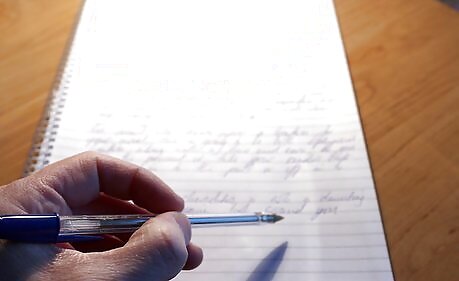
Make an outline or other notes in the format that works best for you. List the main idea and supporting ideas, or write a high-level time line.
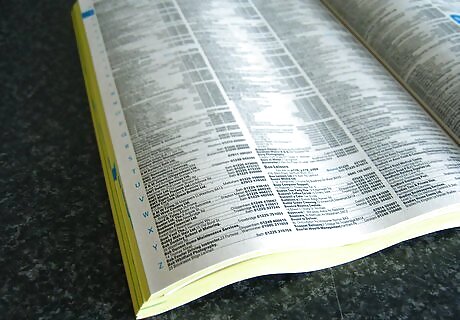
List your characters and keep the list handy as a reference. Don't worry about names yet. (Open the phone book and put any first and last names together if you can't think of any.) Especially for longer works, it can be difficult to keep track of many characters, and it can interrupt your flow if you have to stop and read back to find out what somebody's name was.
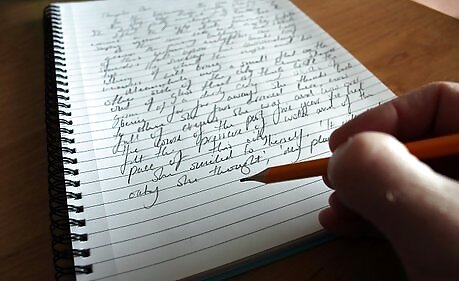
Write your rough draft quickly! Don't worry about punctuation and spelling at this stage. Write in larger chunks. If you get up for a drink, or wait a day to continue, you may lose your flow and your ideas will be lost. Write every day. If you are writing a longer story, write it daily and in large pieces. Give yourself a daily target word count, perhaps 1000 to 2000 words and a deadline based on that pace. Write first, then edit. During this first draft, give your inner critic some time off. Reread just enough to pick up where you left off if you are writing in multiple sessions.

Give yourself plenty of time to write. For ideas to pour out freely, you'll need to have time alone. Close the door, go to the coffee shop or the library if you can tune out passing traffic (or draw inspiration from it).

Write in whatever format lets you write fastest. If you can touch type quickly and comfortably (and avoid going back to tinker with the previous day's work until you're done), then write on the computer. Otherwise, dig up a typewriter or a fountain pen, if that is what you prefer. You can always type up a manuscript later.
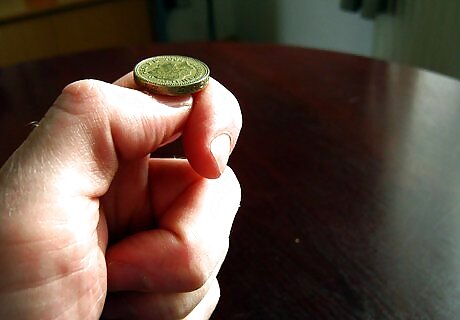
Make a decision, any decision, about which way the plot will go. Especially in a longer story, you may find yourself wondering what to do next. Don't get too hung up on these decisions. Talk it over out loud if you have someone who will listen. Write a few more notes to explore a theme. Flip a coin. Then, choose some direction and take it. There are no wrong answers, and you can change the story later if you need to. Don't be too nice to your characters, and don't make them too perfect. As you get to know them, you may start to like them, but for the story to be interesting, they must have flaws (or at least quirks or weaknesses) and they must encounter challenges.

Edit and fill in story details only after your rough draft is complete. Details make a story interesting. Send your audience into the unknown and make it feel real.

Get feedback! You need to let others read it, listen to their comments. Don't feel criticized, they're just being helpful.
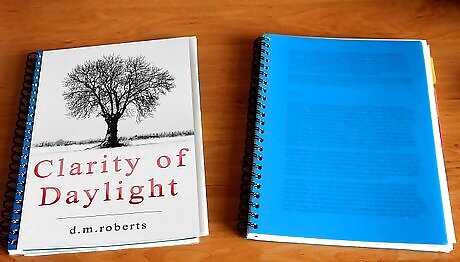
Make the finished product. Re-edit it. Does it look nice? Send it to an editor.




















Comments
0 comment